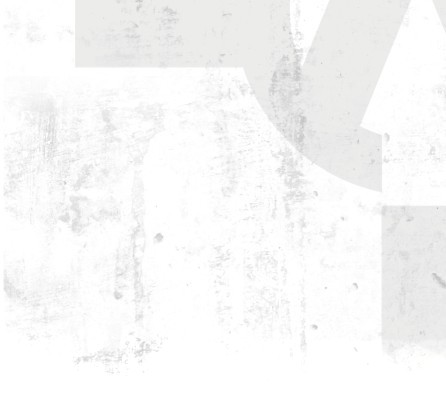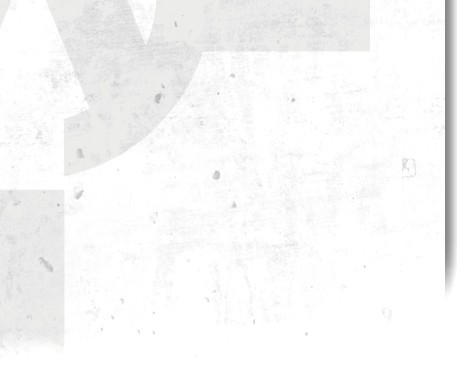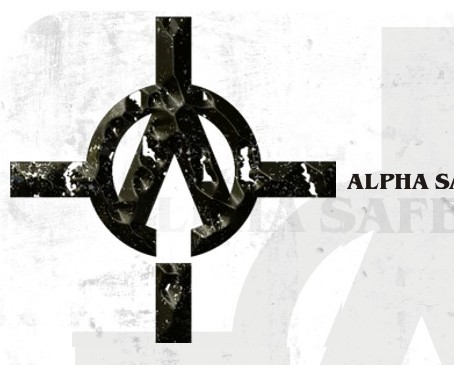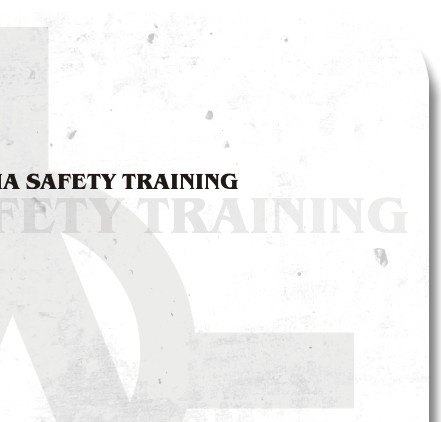



Frequently Asked Questions
5. What about private businesses? Can they post signs prohibiting someone from carrying a gun into their business, even though the person has a concealed firearms permit?
Naturally, private property owners may apply whatever restrictions they want. Whether or not these restrictions violate one's constitutional rights is for the civil courts to decide. But the only statutory restrictions on a permit holder are secured areas such as airports and federal buildings.
6. May I carry my loaded and concealed firearm into a bar or other drinking establishment?
There is nothing in state statute that prohibits permit holders from being in a bar with a concealed firearm. However, it is illegal to be intoxicated and in possession of a firearm. The level of intoxication that is considered illegal is the same standard as when driving a car. (.08 B.A.C.)
7. If I feel someone MAY be a threat to me, can I show them I have a gun to scare them off?
Any action you take with a gun must be in direct self-defense; otherwise, it is considered threatening with a dangerous weapon and you will be labeled as the aggressor. You may be criminally charged and you will most likely have your permit to carry a concealed firearm revoked. Carrying a firearm is very serious business. There is no room for mistakes. If you pull a firearm on someone or even display the weapon, then it must be in self defense or it is not justified.
8. Do I have to be a Utah resident in order to obtain a Utah Concealed Firearms Permit?
No. Any U.S. citizen may obtain a Utah concealed firearm permit, providing they meet the minimum qualifications.
Where to Apply:
- Apply by mail to:
- Bureau of Criminal Identification
- 3888 West 5400 South
- Salt Lake City, Utah 84118
- 801-965-4445
What Will it Cost to Apply?
A non-refundable fee of $65.25 must be included with your application. This fee consists of $35.00 for application and permit processing and $30.25 charged by the F.B.I. to process your fingerprint cards. Please make checks and money orders payable to the "Utah Bureau of Criminal Identification".
Who is Eligible?
Minimum requirements for application for a concealed firearms permit in Utah are:
- Applicant must be at least 21 yrs of age
- Proof of good character...whereas the applicant;
- has not been convicted of a felony;
- has not been convicted of any crime of violence;
- has not been convicted of any offense involving the use of alcohol;
- has not been convicted of any offenses involving the unlawful use of narcotics or other controlled substances;
- has not been convicted of any offenses involving moral turpitude;
- has not been convicted of any offense involving domestic violence;
- has not been adjudicated by a court of a state or of the United States as mentally incompetent, unless the adjudication has been withdrawn or reversed
A criminal background check is conducted for all applicants
What Must Accompany the Application?
- A Photocopy of your Driver License
- Photograph. One recent color photograph of passport quality.
- Fingerprint Card. One fingerprint card. Must be filled out completely. Writing and prints must be legible. Fingerprint should be taken by a trained fingerprint technician. Fingerprint cards that are not legible will be returned to the applicant and will cause a delay in processing the application.
- Weapon Familiarity Certification. Applicants must complete a firearms familiarity course certified by BCI. The course must be completed before you apply for a permit. Please have your instructor complete the certification information on the application.
1. Will Utah honor concealed firearm permits from other states?
Utah will honor any permit which has been issued by another state or county.
At the current time, Utah has signed formal reciprocity with: Alabama, Alaska, *Colorado, *Florida, Georgia, Louisiana, Mississippi, North Carolina, North Dakota, Ohio, South Dakota, Tennessee, Texas, Washinton State, *West Virginia
List updated October 01, 2007. These states will honor Utah concealed firearm permits. BCI suggests permit holders contact any other state they are planning to visit to find out about that state's concealed firearm laws.
*You MUST be a Utah resident for Florida to honor your Utah permit.
The following states honor the Utah CCW permit: Arizona, Arkansas, Delaware, Idaho, Indiana, Kentucky, Minnesota, Missouri, Montana, Oklahoma, Pennsylvania, Utah, Vermont, Virginia, Wyoming.
The following states DO NOT recognize the Utah concealed firearm permit: California, Connecticut, Hawaii, Illinois, Iowa, Kansas, Maine, Maryland, Massachusetts, Nebraska, New Jersey, New York, Oregon, Rhode Island, South Carolina, Wisconsin.
2. If I get stopped by a police officer, do I, as a permit holder, have to tell the officer I have a gun in my possession?
Although there is no legal requirement to identify yourself to a law enforcement officer, it is recommended to do so.
If an officer finds or sees a gun on your person during their contact with you, and you have not identified yourself as a permit holder in legal possession of a firearm, the officer must assume you are carrying the gun illegally and will take defensive action. For the safety of all involved, it is better to immediately identify yourself to the officer as a permit holder in possession of a handgun. This action gives the officer some assurance they are most likely dealing with a law abiding citizen.
3. Is there any way I can check to see if my criminal history will prevent me from obtaining a concealed firearm permit BEFORE I go through the whole process of applying?
Yes. You can come into our office or call by phone and ask to speak with one of the investigators. If you explain to the investigator what type of problem you have had, he can give you a good idea whether you qualify for a concealed firearm permit or not.
- Utah Bureau of Criminal Identification
- 3888 West 5400 South
- Salt Lake City, Utah 84118
- (801) 957-8620
4. As a permit holder, exactly where can I carry or not carry a handgun?
The concealed firearm permit only exempts the permit holder from three laws: carrying a concealed and loaded firearm in a vehicle; carrying a concealed firearm on your person and; carrying a loaded and concealed firearm on or about school property. All other state and federal laws still apply. Such as, you may not carry a firearm in secured areas of an airport and you may not carry a firearm in secure federal buildings. These areas should always be posted. But please be aware of these restrictions in case they are not posted.
© Alpha Safety Training 2010, All Rights Reserved